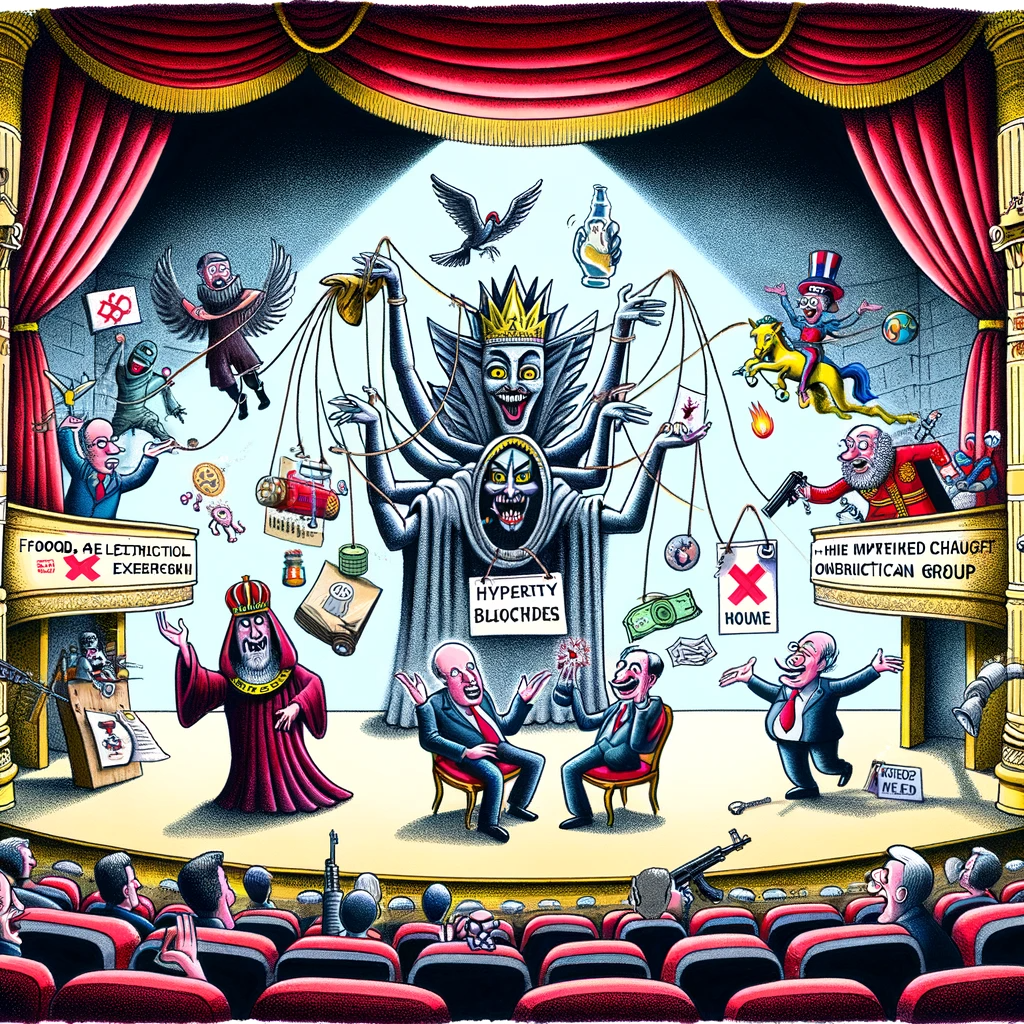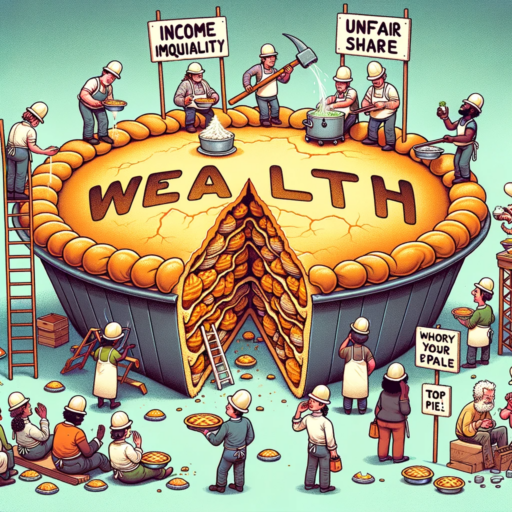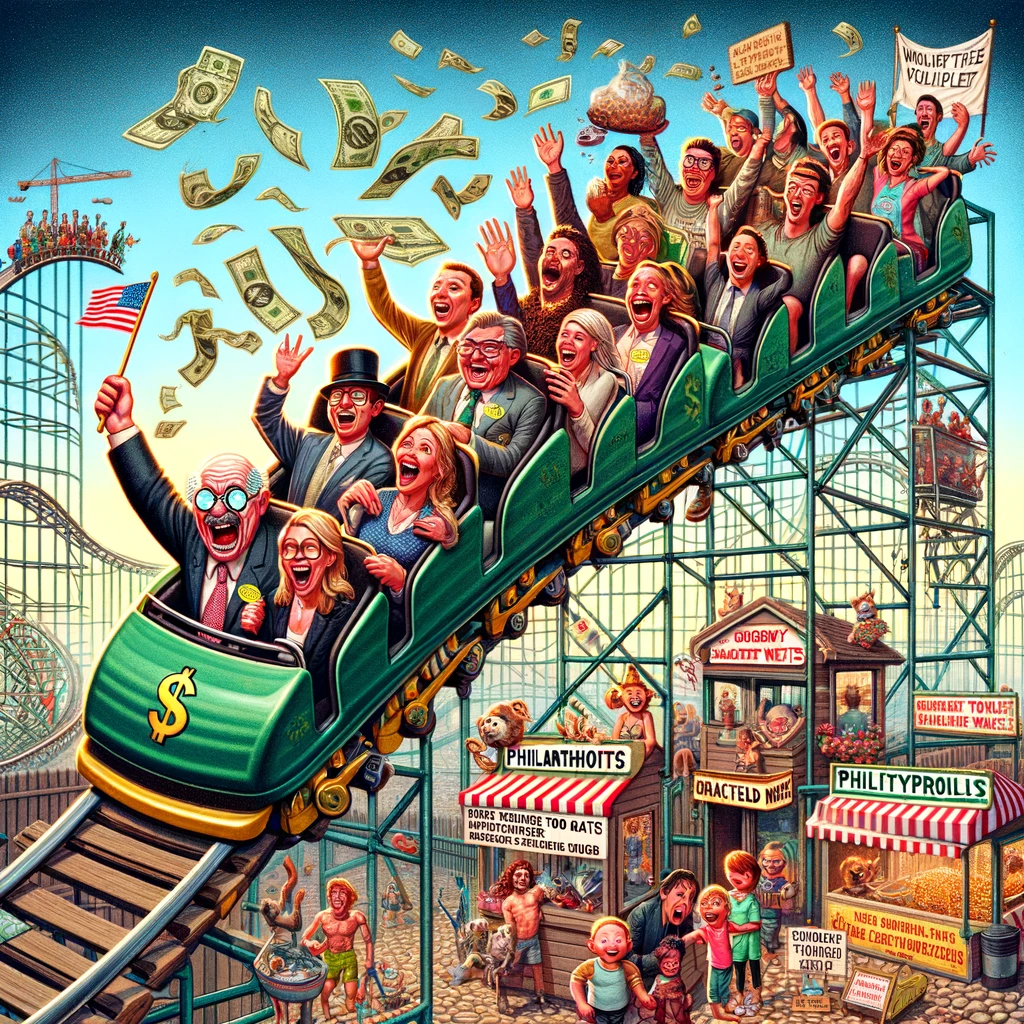Echoes of Expression: From Ancient Walls to Digital Halls
In the grand halls of our hallowed internet, a curious tradition has taken root, not unlike the ancient customs of public restroom graffiti. As our forefathers once etched their wisdom on the walls of tavern latrines, so too do we inscribe our digital scrolls with emojis and hashtags.
Consider, if you will, the noble Facebook wall, a modern canvas for the digital scribe. Here, the masses congregate, armed not with quills and ink, but with smartphones and a burning desire to share. Each status update, a virtual hieroglyph; each comment, a testament to our enduring need to be heard.
In this grand virtual restroom, every user becomes a philosopher, a poet, a critic. We ponder the meaning of life in one post, and in the next, we share a recipe for avocado toast. A ‘like’ here is akin to a nod of approval in those ancient restrooms, a silent acknowledgment of our shared human experience.

Instagram, oh dear Instagram, is the gallery of the vanity fair. Here, every snapshot is a fresco, telling tales of meals uneaten, of sunsets unwatched, all through the lens of a Valencia filter. We scroll and double-tap as if to say, “I see you, fellow artist of the mundane.”
And let us not forget X formerly known as Twitter, that bustling marketplace of thoughts, where every tweet is a shout into the void, hoping for an echo. In 280 characters or less, we become town criers, heralding our hot takes on everything from politics to last night’s episode of our favorite show.
Indeed, the more things change, the more they stay the same. Our ancestors left their mark on stone and wood; we leave ours in pixels and bytes. The walls of ancient restrooms have given way to the endless scroll of social media feeds, but the essence remains: a deep-seated desire to say, “I was here, and this is what I thought.”
So the next time you pause to consider whether to share that inspirational quote or a picture of your cat, remember: you are part of a grand tradition, a continuum of communal expression stretching back through the ages. In the end, whether on the walls of a public restroom or the walls of Facebook, we all seek to make our mark, one post at a time.





